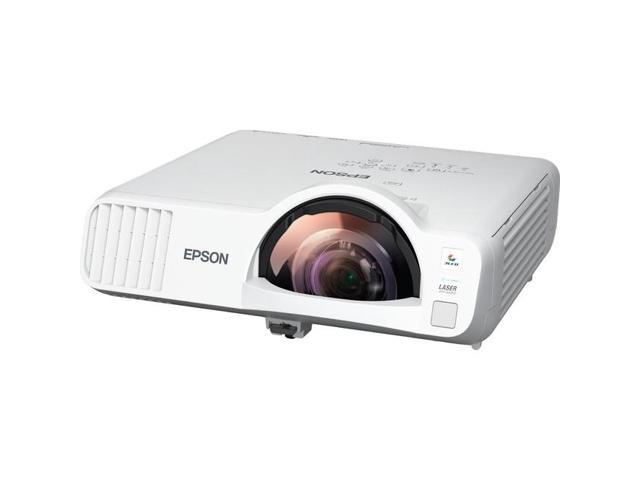The methods of statistical physics have become increasingly important in recent years for the treatment of a variety of diverse physical problems. Of principal interest is the microscopic description of the dynamics of dissipative systems. Although a unified theoretical description has at present not yet been achieved, we have assumed the task of writing a textbook which summarizes those of the most important methods which are self-contained and complete in themselves. We cannot, of course, claim to have treated the field exhaustively. A microscopic description of physical phenomena must necessarily be based upon quantum theory, and we have therefore carried out the treatment of dynamic processes strictly within a quantum-theoretical framework. For this reason alone it was necessary to omit a number of extremely important theories which have up to now been formulated only in terms of classical statistics. The goal of this book is, on the one hand, to give an introduction to the general principles of the quantum statistics of dynamical processes, and, on the other, to provide readers who are interested in the treatment of particular phenomena with methods for solving specific problems. The theory is for the most part formulated within the calculational frame work of Liouville space, which, together with projector formalism, has become an expedient mathematical tool in statistical physics.















